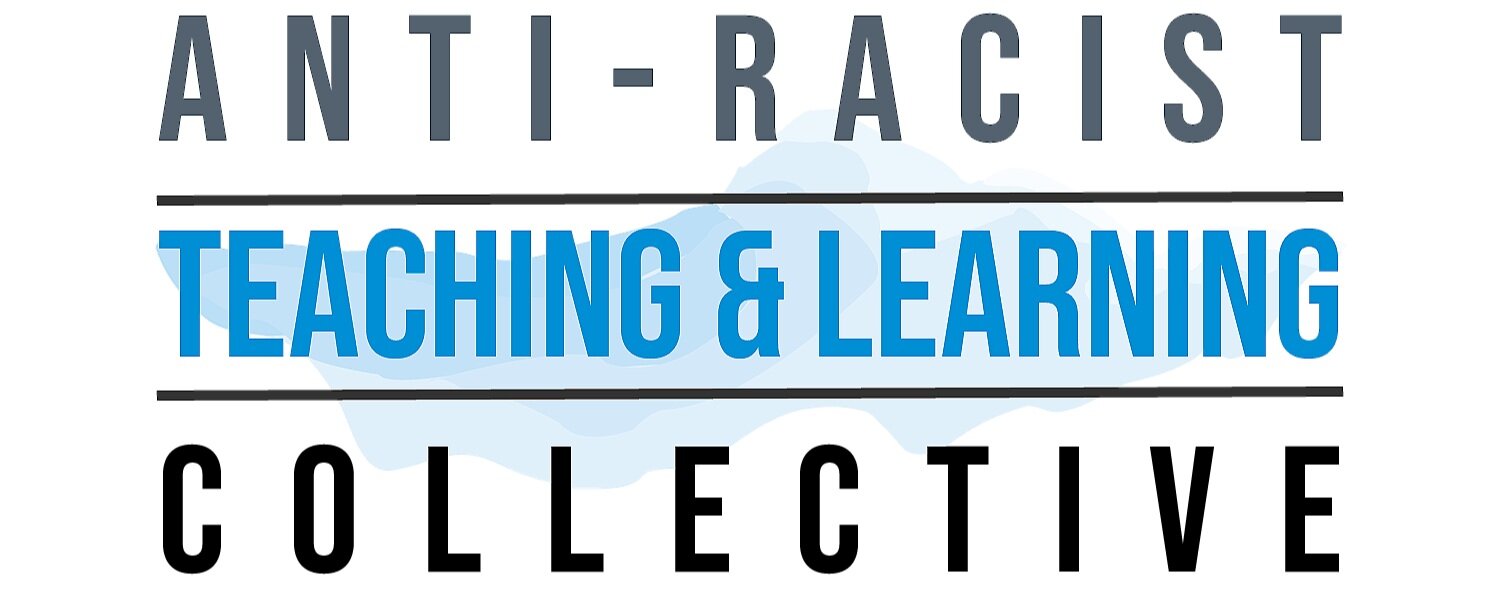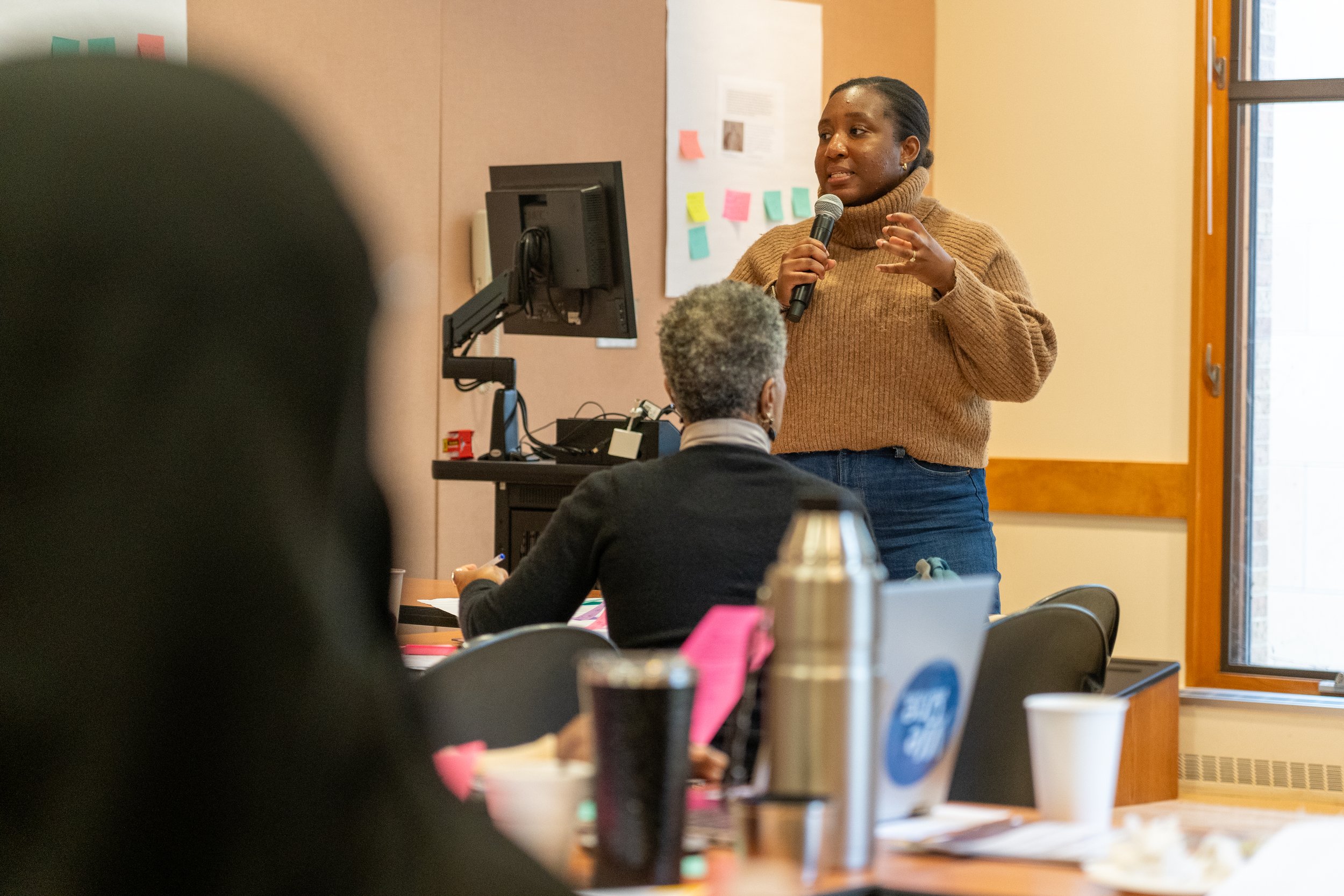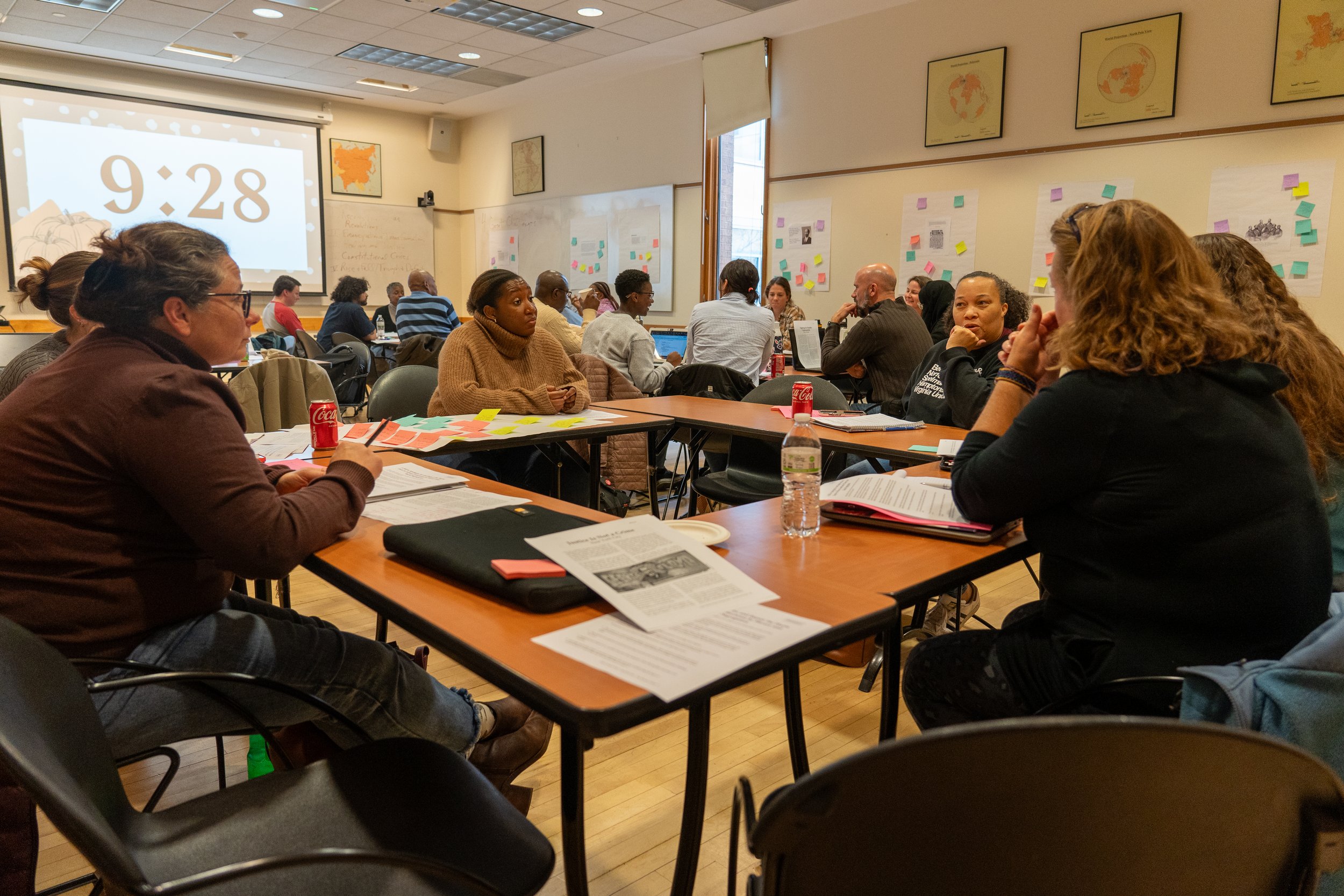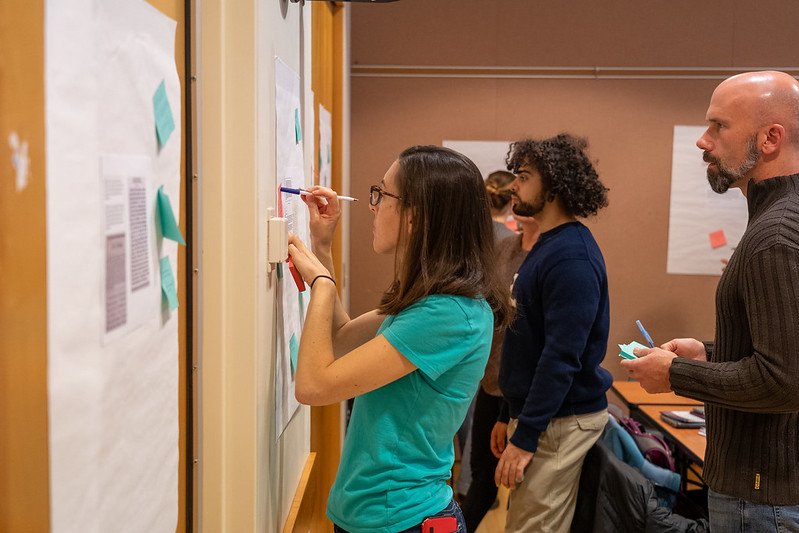Connecticut Teachers Gather to Learn and Reflect on the Teaching of Reconstruction
Photo credits: The Gilder Lehrman Center
Grounded in a mission to better prepare educators with curricular and pedagogical tools to deliver meaningful and accurate Black and Latinx Studies to students, educators from across the state gathered over the weekend to reflect on the teaching of Reconstruction in Connecticut’s classrooms. The workshop, which was a collaboration between Yale’s Gilder Lehrman Center, the Zinn Education Project, The Connecticut Council for the Social Studies, Yale Education Studies, and African American Studies at Yale, was facilitated by ARTLC Steering Committee member and educator Daisha Brabham.
The workshop began with an address by Professor David Blight on the importance of teaching Reconstruction (which can be found here). Then, grounded in the questions, “how did African Americans practice freedom during Reconstruction, even in the face of attempts to deny this freedom,” “how did this practice of freedom re-define the social, political, and cultural landscape of the United States,” and “how is this practice of freedom still alive today,” teachers engaged with dozens of primary sources from the Zinn Education’s “Reconstructing the South: What Really Happened,” through a gallery walk.
After reflection on the primary source gallery walk, teachers worked in groups to design a Reparations Bill. In this segment of the workshop, similarly to the gallery walk, teachers took on the role of students. By actively participating in the activity that they might assign to students, educators not only had meaningful discussions about Reparations, but they bridged the gap between curricular design and student experience.
The workshop ended with time for group and individual reflection on their own curriculums and Connecticut standards. After going through the Teach Reconstruction Report, which investigated the standards of teaching Reconstruction across the country, participants had time to reflect on how they are doing with respect to the report’s recommendations. Educators were asked to reflect on areas of strength, successes, and areas of growth and improvement.
Especially at a time where teaching Black History is under attack across the country, carving out space and time for Connecticut educators to gather, reflect, and prepare for their Black and Latinx Studies classes is something to celebrate!
All resources from the workshop can be found here:
David Blight’s Opening Address
Reconstructing the South: What Really Happened



